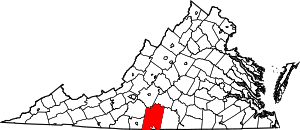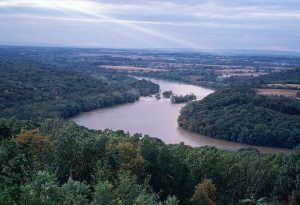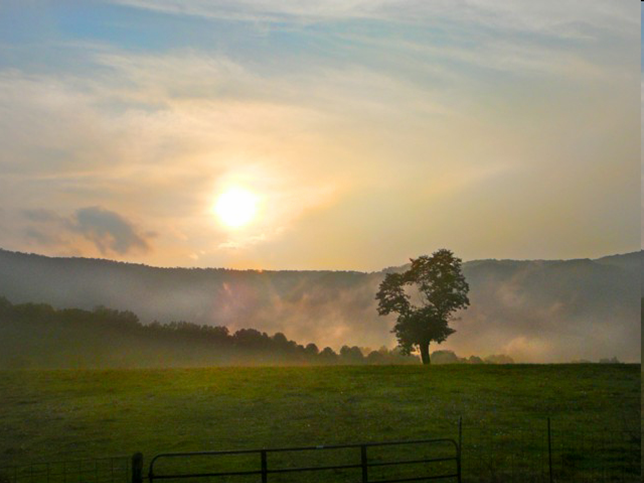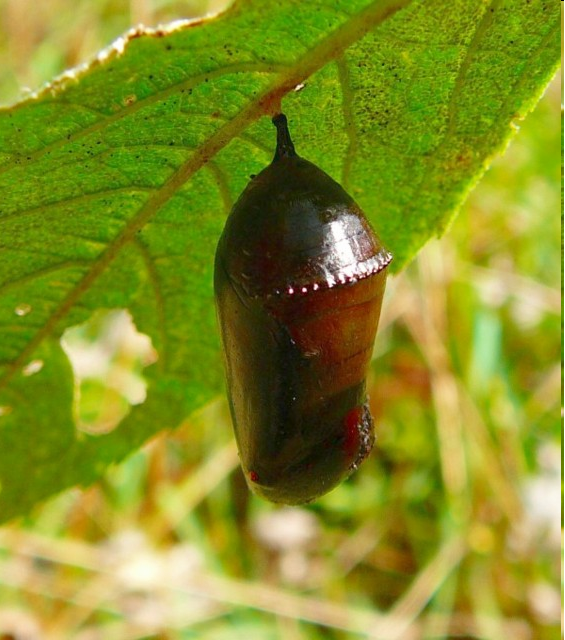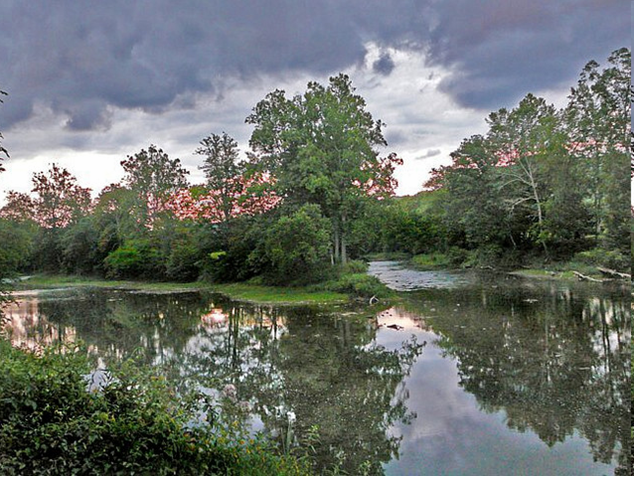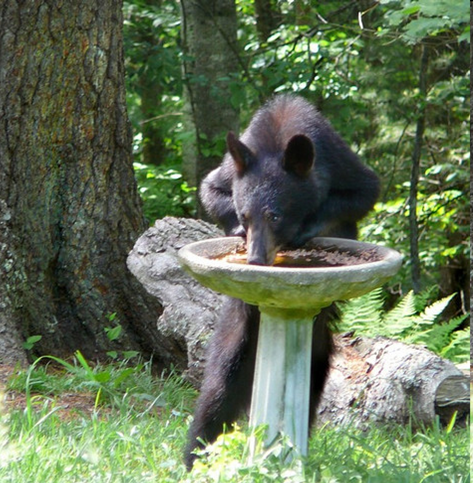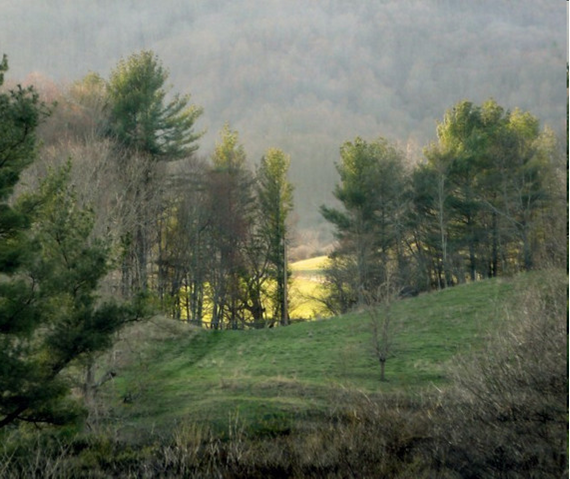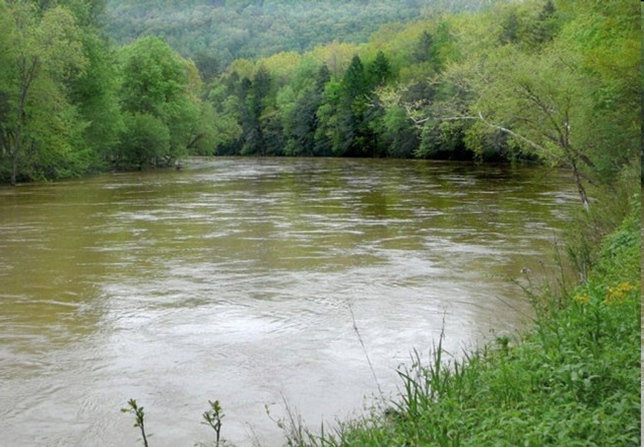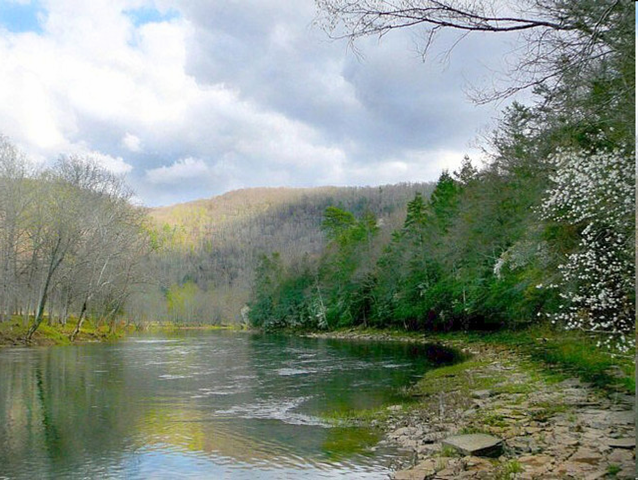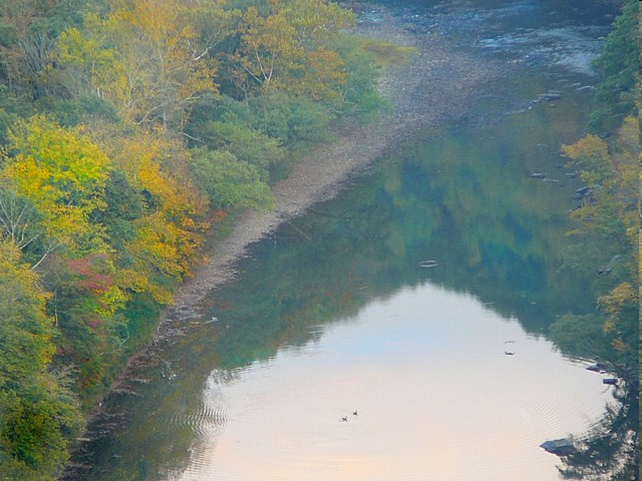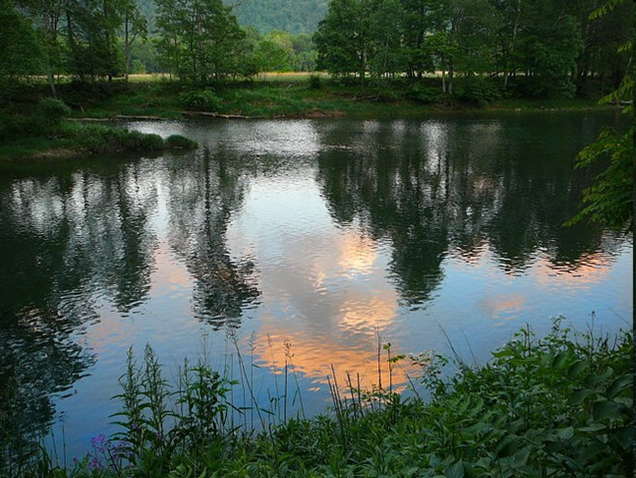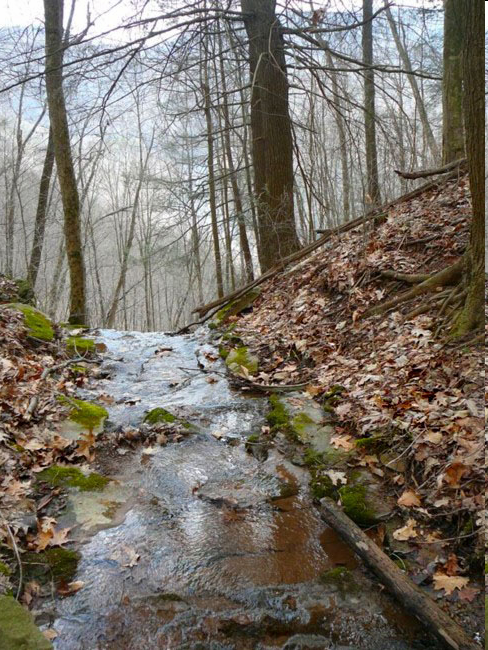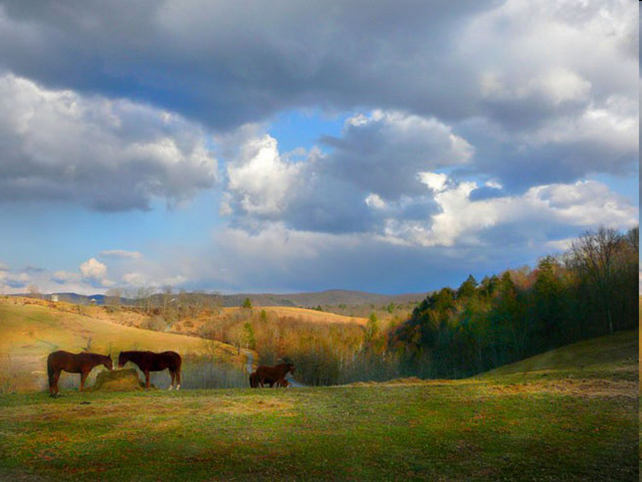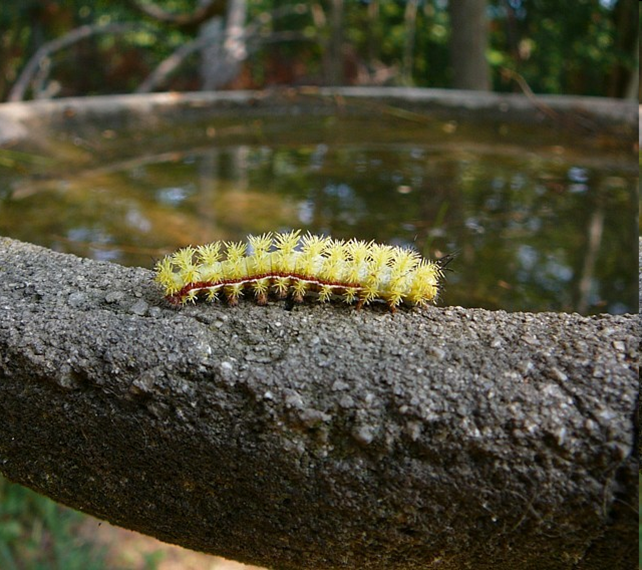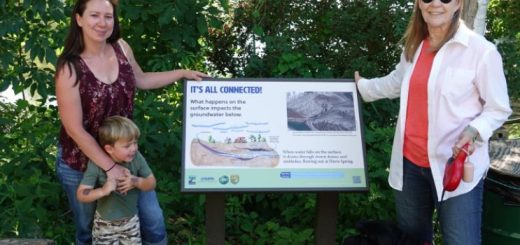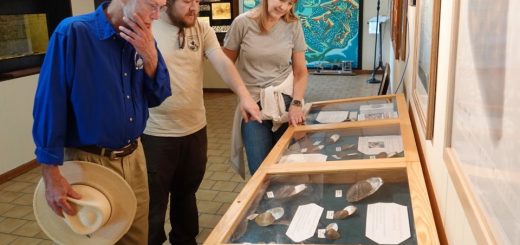|
|
Two Important Opportunities to Comment on the MVP
2.01.23 The Mountain Valley Pipeline (MVP) is 5 years behind schedule, billions of dollars over budget, and only about 50% of the project has achieved final restoration. However, the companies behind this boondoggle continue to try to push the project forward. There are two permits with pending approvals from federal agencies that you can weigh in on this month. Make sure you watch our Groundhogs Day webinar for a conversation on each permit.
Permit: US Forest Service
After the 4th Circuit Court of Appeals invalidated MVP’s approval to cross 3.5 miles of the Jefferson National Forest and the Appalachian Trail in Monroe County, WV and Giles County, VA, the U.S. Forest Service (USFS) released a draft Supplemental Environmental Impact Statement (SEIS). Our public lands and the streams within them are managed and protected with a forest plan. The SEIS outlines 11 changes to the plan in an attempt to allow MVP to cross these sensitive areas.
**The public has until February 6, 2023 to comment.**
Permit: US Army Corps of Engineers
For years, the Mountain Valley Pipeline has struggled to obtain their stream crossing permit from the US Army Corps of Engineers (USACE). First, they tried to use a basic, general permit that was not sufficient for their large-scale project. When that didn’t work, they tried to change the conditions of the general permit. That also got them into trouble, so last year they finally relented and applied for an individual permit from USACE. However, the information they supplied for that permit application was insufficient to meet the permit requirements.
Now, MVP has finally supplied the necessary information. The U.S. Army Corps of Engineers (USACE) released for public comment MVP’s proposed monitoring and restoration plans for streams and wetlands impacted by construction. However, it should come as no surprise, given their track record, that MVP’s Comprehensive Stream and Wetland Monitoring, Restoration, and Mitigation Framework is woefully insufficient.
**The public has until February 10, 2023 to comment.**
Action Alert: Submit Comments on WVDEP Biological Assessment Rule
Virtual public hearing on 3/9 at 6PM; comments due on 3/11
The WVDEP is once again accepting public comments on a revised rule that analyzes the aquatic life in the stream to assess whether the stream is meeting the state’s water quality standards. Submit your comments here
The latest iteration of the procedural rule is being developed by WVDEP in response to SB 687 passed in 2017. Its purpose is to define the aquatic life component in the narrative water quality standards and the threshold at which the standard is being met or not.
The narrative water quality standards state that a stream must be able to support aquatic life. This narrative standard has been used to hold industry accountable for polluting a stream to the point where it no longer supports a healthy population of aquatic organisms. The aquatic organisms used to measure stream health are the benthic macroinvertebrates.
WVDEP’s new procedural rule describes an approach based on the current method that WVDEP has used for the past 18 years. The agency has yet to adopt EPA’s recommended method. The currently used method, WV Stream Condition Index (WVSCI), scores aquatic life communities on a scale of 0-100. The new rule would establish an impairment threshold of 50, an attainment threshold of 72, and values between 50 and 72 must undergo additional analysis. View a flowchart of how the assessment process works.
This revised method raises several concerns:
- The impairment value of 50 and 61 are not based on any statistical information or scientific data.
- The streams receiving values between 50 and 72 must undergo additional analysis, during which time they are neither listed as impaired nor considered healthy.
- The proposed rule does not fulfill WVDEP’s duties under the Clean Water Act and allows DEP to delay listing streams that fall within 50 and 72 until additional analysis is performed.
- The current method, WVSCI, used to calculate whether a stream supports aquatic life is outdated and should be updated to the more accurate, EPA recommended method, Genus Level Assessment of Most Probable Stream Status (GLIMPSS).
Let WVDEP know you want them to use a more precise method to assess stream health! Submit your comments by March 11, 2021 and join WVDEP’s virtual public hearing on the rule March 9 at 6:00pm by following these instructions.
|
||
|
Action Alert: Reject HB 2598 Bill to Exempt Oil and Gas Tanks from Aboveground Storage Tank Act on House Energy Agenda
February 22, 2021~ WVRivers.org
It’s baaaaaack…. lobbyist are at it again trying to exempt oil and gas tanks from the Aboveground Storage Tank Act. This year’s bill, HB 2598, is similar to last year’s rollback attempt – which you defeated! It would exempt certain oil and gas tanks that are closest to our public drinking water intakes. If this bill passes, over 1,000 tanks in 27 counties would become unregulated.View our fact sheets to learn more.
We anticipate the House Energy Committee to take up the bill onTuesday, 2/23.
Act NOW: Tell members of the House Energy Committee to protect our drinking water and reject HB 2598.
Many of you helped us succeed in convincing the legislature in 2017 and 2020 to keep these oil and gas tanks in zones of critical concern (“ZCCs”) regulated by the AST Act. But industry keeps pushing. We must hold the line and say that all tanks within ZCCs should have the standards and oversight mechanisms of the Aboveground Storage Tank Act. Say no to HB 2598.
We know from the Freedom Industries tank leak that caused the WV Water Crisis what can go terribly wrong when tanks in ZCCs are overlooked. ZCCs are areas directly upstream from public drinking water intakes in which a released contaminant will reach the intake within five hours. Exempting tanks in ZCCs from regulation puts us in more danger because there is the added concern of not having enough time to respond if tank fails.
Contact members of the House Energy Committee, say no breaks for tanks in ZCCs – reject HB 2598!
Action Alert: House Judiciary to Consider Water Quality Standards
February 22, 2021 ~ WVRivers.org
Legislators will soon be voting on a proposal submitted by WVDEP related to a critical portion of West Virginia’s water quality standards called human health criteria. Human health criteria determines how much of a toxin can be in our water before it harms our health. Let Legislators know that you oppose any weakening of water quality standards!
Sadly, the proposal before the legislature allows for more chemical toxins in our water. Public health experts agree that any additional exposure to the toxic chemicals regulated by human health criteria would pose increased risks to our health.View our fact sheet on the Rule.
The water quality standards rule’s first stop as it works its way through the legislature is the House Judiciary Committee.Contact members of the committee today and ask them to make public health their #1 priority and reject any change that would weaken our water quality standards.
Also, stay tuned for more information on the status of a pending public hearing request submitted by our friends at the WV Environmental Council. As of this hour, we are still awaiting a decision from the House Judiciary Chair on the pending request. We’ll keep you posted.
Action Alert: Cancel the Mountain Valley Pipeline
February 17, 2021
The Mountain Valley Pipeline (MVP) is a monster fracked gas pipeline construction project that’s been threatening endangered species in West Virginia and Virginia. There are multiple lawsuits challenging the construction route and practices of the MVP. Recent financial reports reveal there is no longer an economic necessity for the MVP. Tell MVP to stop throwing good money after bad by canceling the MVP.
Action Alert: Public Hearing for Mountain Valley Pipeline, LLC Lambert Compressor Station
February 8, 2021 from 6:00 PM – 10:00 PM.
Action Alert: Virginia DEQ: Comments Sought through March 10, 2021 on Compressor Station for MVP Extension
The Virginia Department of Environmental Quality is seeking public comments on a compressor station at the start of a natural gas pipeline in Pittsylvania County. 